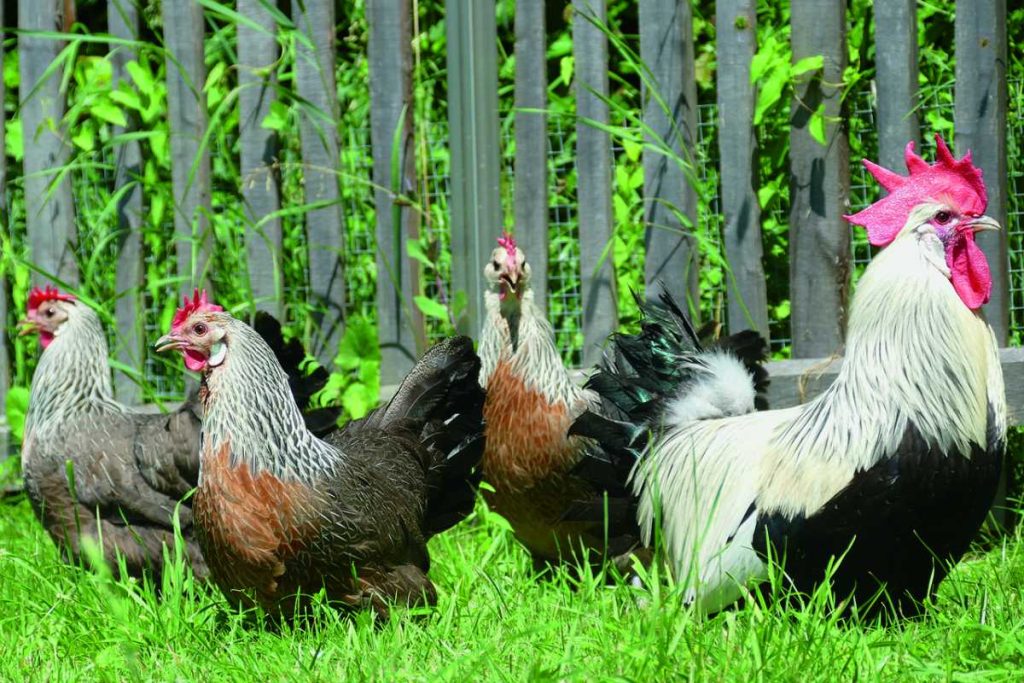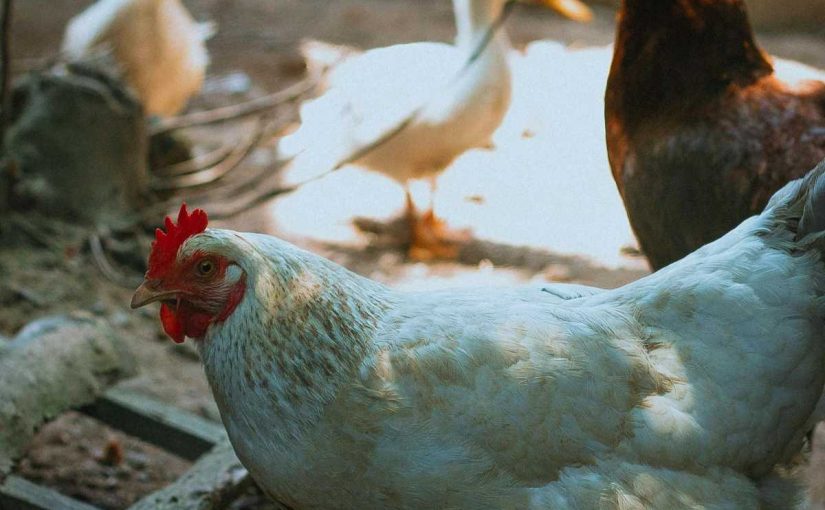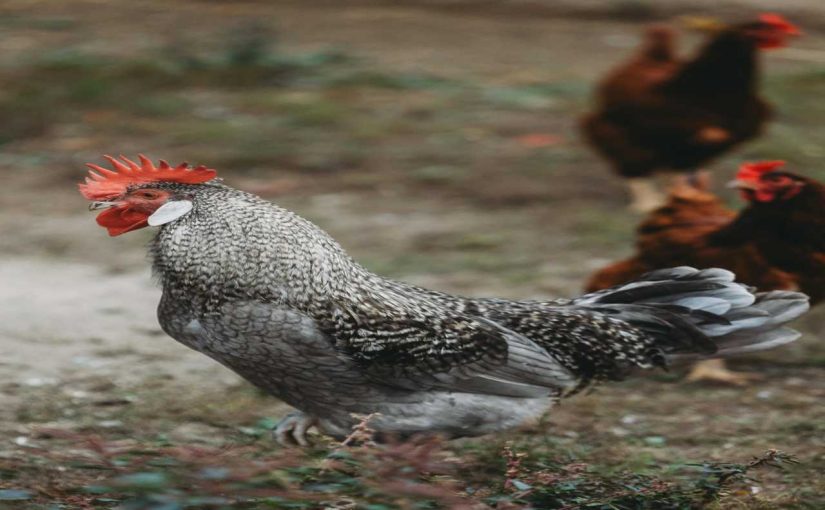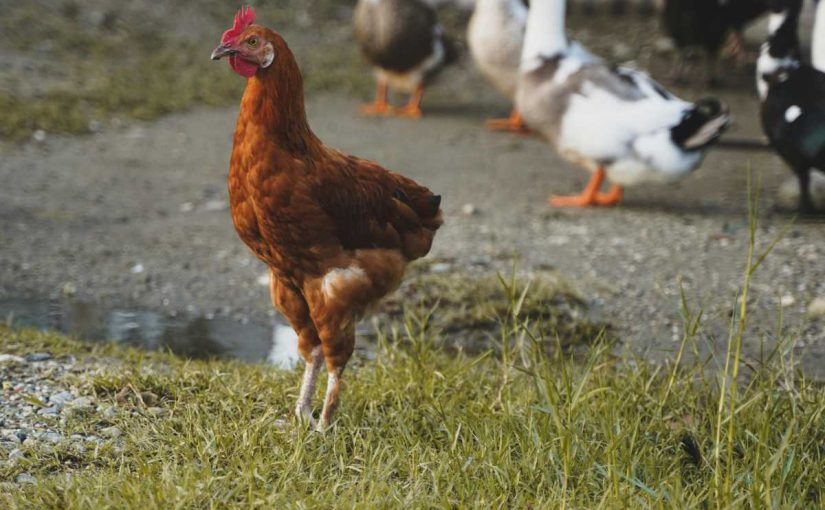Harvesting feathers from backyard chickens can be a sustainable and creative way to make use of natural resources. However, it’s important to approach this practice with care, ensuring the well-being of the chickens is prioritized. Ethical feather harvesting respects the comfort and health of your birds while providing beautiful feathers for various uses like crafts, jewelry, and décor. Here are the top tips for ethical feather harvesting from backyard chickens:
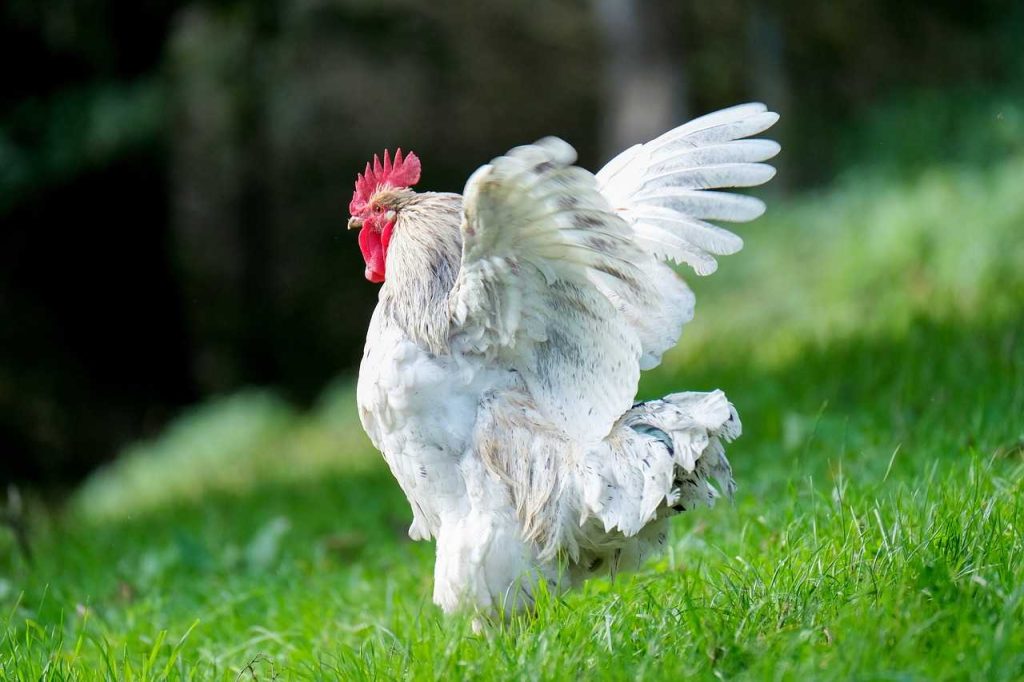
1. Collect Naturally Molted Feathers
Why it’s important: Chickens naturally molt once or twice a year, shedding old feathers as new ones grow in. Collecting these naturally shed feathers is the most ethical and stress-free way to gather feathers without causing harm to your birds.
How to implement:
- Pay attention to your chickens during molting season, usually in the fall, when they lose and regrow feathers.
- Collect feathers from the ground or coop bedding daily, ensuring they are clean and in good condition.
- Avoid plucking feathers from your chickens, as this can cause pain, stress, and damage to their skin and feathers.
2. Wait for Full Molting Cycles
Why it’s important: During the molting process, chickens need all their energy and resources to grow healthy new feathers. Plucking or trimming feathers during this time can interfere with their natural molting and regeneration process.
How to implement:
- Allow your chickens to complete their full molting cycle before collecting any feathers.
- Give your chickens a nutrient-rich diet during molting to support feather regrowth. Foods high in protein, such as mealworms or sunflower seeds, can promote strong, healthy feather development.
3. Prioritize Feather Cleanliness and Hygiene
Why it’s important: Feathers can easily collect dust, dirt, and bacteria. Collecting dirty feathers can lead to contamination, which isn’t safe for crafting or other uses.
How to implement:
- Gather feathers from clean areas of the coop or yard and remove any visible dirt or debris before storing them.
- Wash feathers gently in warm, soapy water with mild soap or dishwashing liquid. Allow them to air dry thoroughly before use to avoid mold or bacteria buildup.
- Store feathers in a clean, dry container, away from moisture and pests.
4. Avoid Using Feathers from Ill or Stressed Birds
Why it’s important: Feathers from chickens that are sick or under stress may not be in the best condition and could carry pathogens. It’s also a sign of ethical concern to avoid harvesting feathers when chickens are vulnerable.
How to implement:
- Only collect feathers from healthy, well-cared-for birds. If your chickens show signs of illness (such as lethargy, feather loss due to mites, or respiratory issues), focus on improving their health rather than collecting feathers.
- Regularly check for signs of stress or discomfort in your flock, such as excessive feather pecking, which could indicate poor conditions or overcrowding.
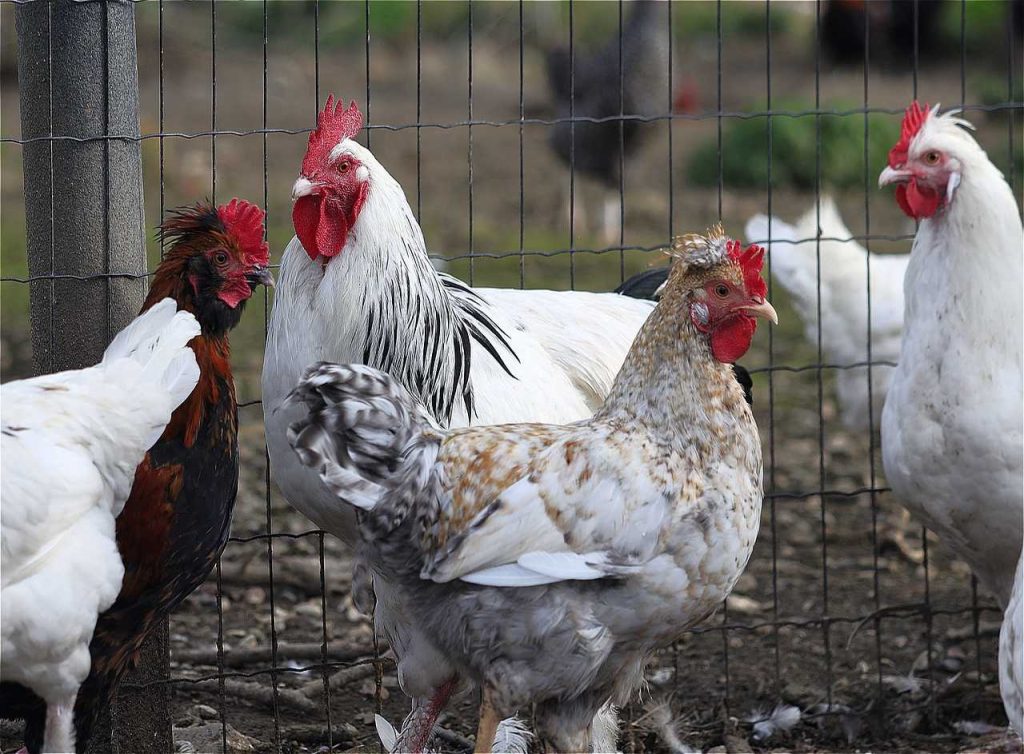
5. Choose a Stress-Free Environment
Why it’s important: Chickens are sensitive to their environment. Handling them frequently or too roughly can cause unnecessary stress, which can affect their health and egg production.
How to implement:
- Create a calm environment for your chickens by minimizing loud noises and sudden movements when interacting with them.
- If you must handle your chickens to check their feathers, do so gently and calmly, ensuring they feel secure and safe.
- Let them roam and free-range as much as possible in a secure area to reduce stress and provide them with opportunities for natural behaviors.
6. Provide Adequate Space for Your Flock
Why it’s important: Overcrowding can lead to feather pecking and loss due to stress. Providing enough space ensures your chickens remain calm and don’t engage in negative behaviors that damage feathers.
How to implement:
- Ensure that each chicken has enough space in the coop and run. A general rule is 3-4 square feet per chicken inside the coop and 8-10 square feet per chicken in the run.
- Regularly clean and maintain the coop to reduce stress and keep your chickens in a comfortable environment.
- Provide enrichment activities, such as perches, dust baths, and foraging opportunities, to promote natural behaviors and reduce boredom.
7. Use Feathers Responsibly and Respectfully
Why it’s important: Feathers from your flock should be used with respect to the animals that provided them. Using them responsibly encourages sustainability and appreciation for the natural resources chickens offer.
How to implement:
- Craft responsibly by using collected feathers for eco-friendly projects, such as natural décor, jewelry, or art, rather than wasteful or harmful uses.
- Educate others on the importance of ethical feather harvesting and the value of treating backyard chickens with care and respect.
- If you’re selling feathers, be transparent about the ethical practices you follow, promoting awareness and setting an example for sustainable feather collection.
Conclusion
Ethical feather harvesting from backyard chickens is a sustainable and humane practice when done with care. By collecting naturally molted feathers, maintaining a stress-free environment, and respecting your chickens’ health and well-being, you can enjoy beautiful feathers without causing harm. Prioritize your flock’s comfort and health while using these natural resources responsibly, fostering a more compassionate and eco-conscious approach to poultry keeping.
4o

